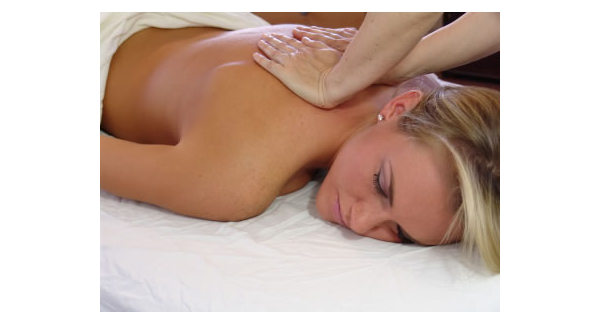Aroma Techniques

SIMPLE AROMATHERAPY
A basic approach uses aromatic oils in a wide range of methods, including vaporization, aromatic bathing, local massage, cosmetic creams, and steam inhalation, for first-aid purposes and in the treatment of common complaints. This approach is in the ancient tradition of herbal "simples" - home remedies or household secrets, originally passed on from generation to generation. It can be adapted by nurses and other professionals and used as an adjunct to medical treatment. As a type of preventative medicine, it can help to ward off infectious illness and promote general health and well-being.COSMETIC AROMATHERAPY
The use of essential oils for skin and beauty care is an ancient and specialized aspect of Aromatherapy. There are records that show that many primitive cultures natural aromatics as a means of adornment and s a way of enhancing their beauty. Indeed, many indigenous peoples still do so today. However, the earliest and richest associations concerning the cosmetic use of aromatic materials are to be found in the practices of the Ancient Egyptian civilization, some 5000 years ago. Aromatic herbs, gums and oils were incorporated into carefully formulated cosmetic ointments and other beauty preparations, as well as being employed in the embalming process. Seen in this light, the Ancient Egyptians were the original precursors of modern beauty therapists, especially those who use aromatic oils as part of their cosmetic treatments.

PSYCHO-AROMATHERAPY AND PERFUMERY
The term psycho-Aromatherapy is used to describe the use of the psychotherapeutic benefits of essential oils, effected mainly by inhalation but also by other methods of application. In the practice of psycho-Aromatherapy the ways in which botanically derived aromas can influence moods and emotions and help to induce certain states of minds are studied. This can be by bringing about a state of relaxation or through their energizing and stimulating effects. This contrasts with aromachology, in which both natural and artificial scents are studied for their therapeutic value, but principally for purely commercial purposes in the perfume industry. Nevertheless, psycho-Aromatherapy does have a treat deal in common with the art of perfumery, especially since all perfumes were originally made using natural aromatics, and since they both focus on the psychological effects of scent and require a high degree of olfactory discrimination and knowledge.AROMATHERAPY MASSAGE
There are many benefits to be derived from combining massage with the use of essential oils. It is the main method adopted by professional aromatherapist working in the field of alternative health care. Aromatherapy massage has been largely influenced by the French pioneer, Marguerite Maury, whose research work was directly aimed at utilizing the healing and revitalizing properties of aromatics, especially through application to the skin. This approach is notably beneficial for the treatment of stress-related disorders and requires a substantial degree of training, both in acquiring massage techniques and in understanding the many and varied properties of the essential oils that may be used.

When you're done with the neck and shoulders, move onto the arms, working on one at a time.
- Hold your partner/client's wrist in your left hand, so their entire arm is lifted from the bed. Then use your right hand to sweep along the back of the forearm, along the tricep and over the shoulder, coming back on the opposite side.
- Now, switch to holding their wrist in your right hand, then sweep your left hand along their forearm and bicep, then over the shoulder and down the opposite side
- Place your partner/client's arm back on the bed, the use your fingers and thumbs to gently knead the forearms and upper arms.
- To massage the hands, take their hand in yours and massage the palm with your thumbs, using small circular motions. Then, take each finger in turn and slowly slide from the knuckles to the nail. Pull each finger firmly, but not so hard that you cause it to crack!

